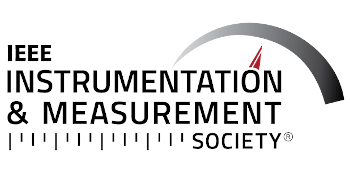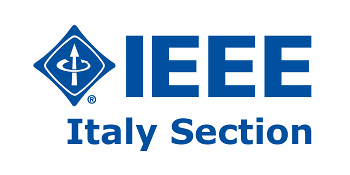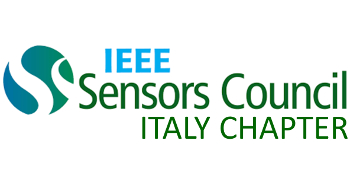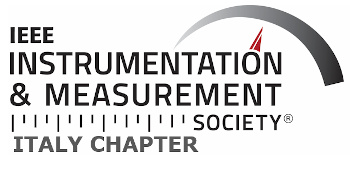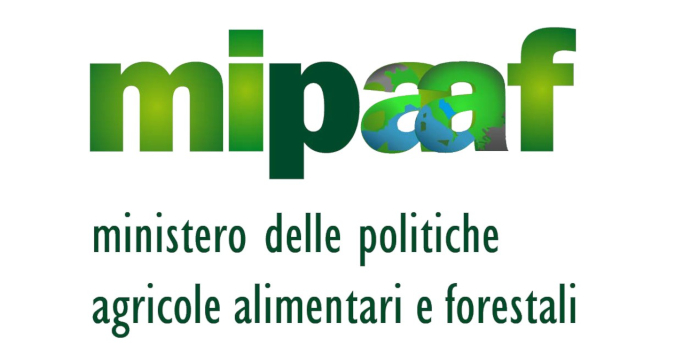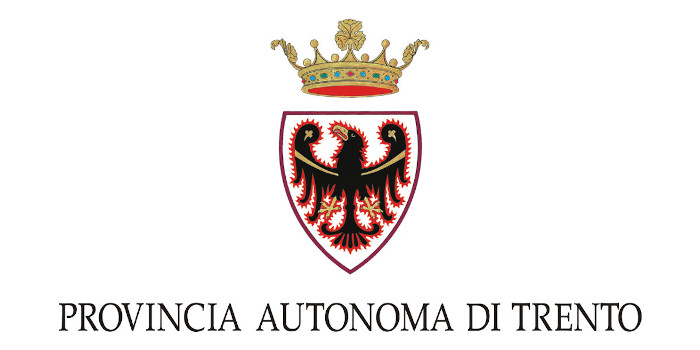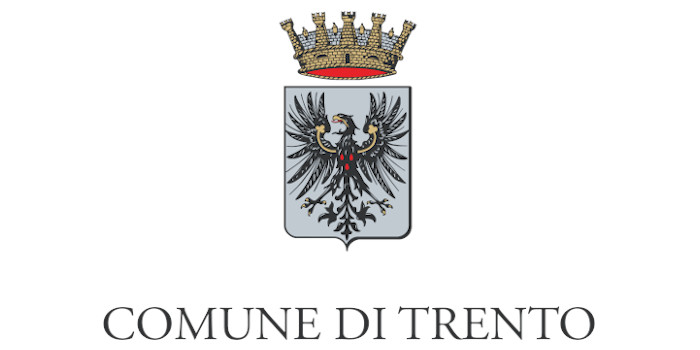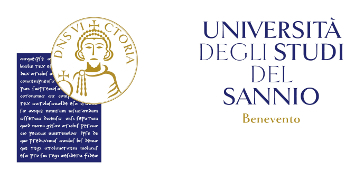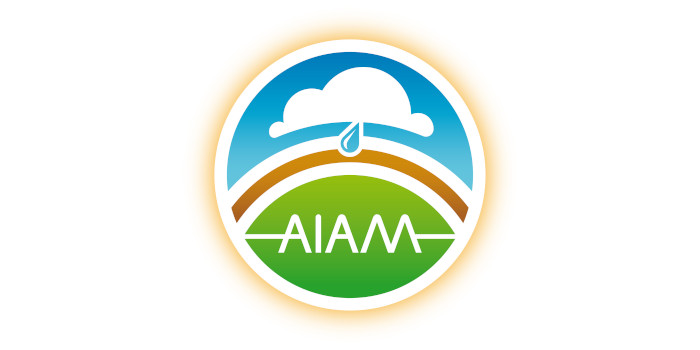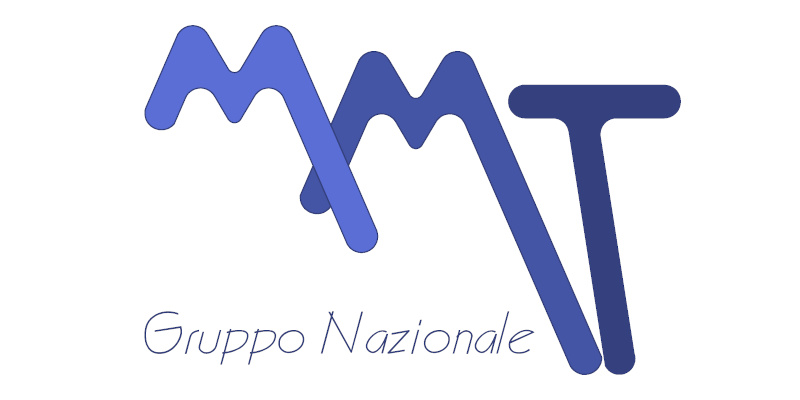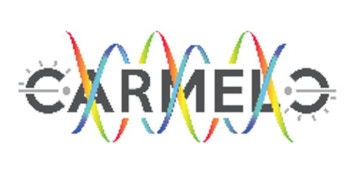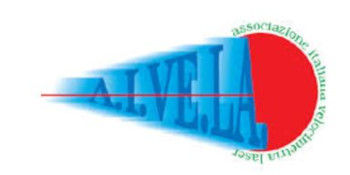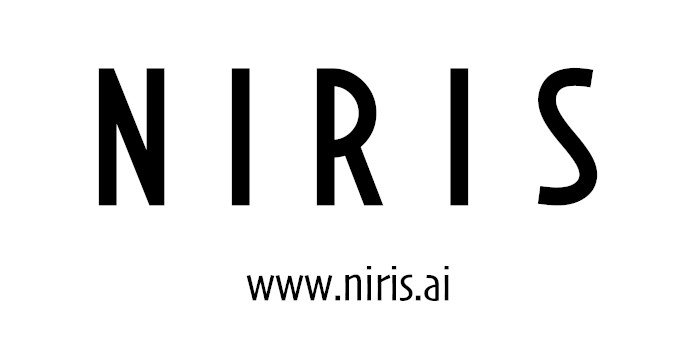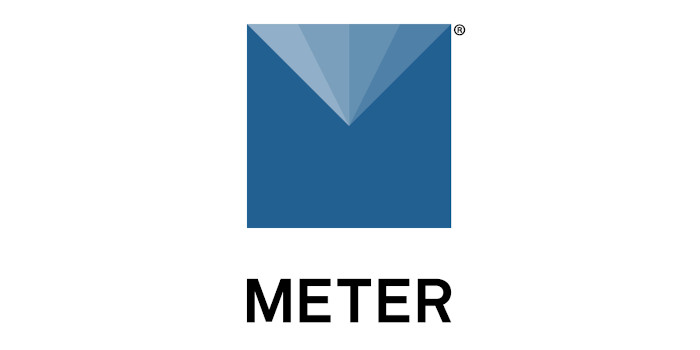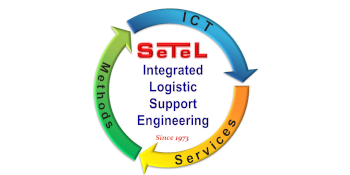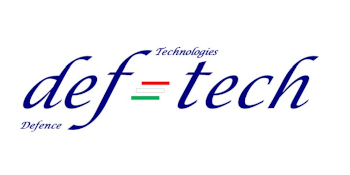Session 1 - Advances in sensor technologies for in-field monitoring of plant's water-stress
Wednesday, Nov 4, 14:00 - 14:50 CET
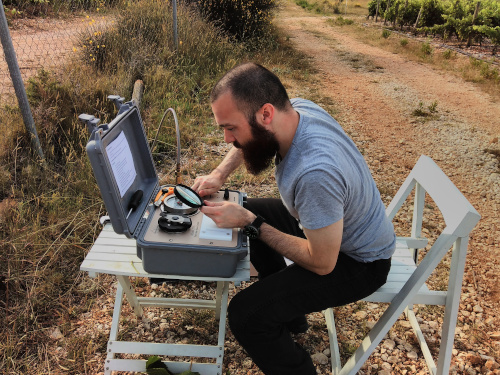
Dinko Oletic
University in Zagreb, Croatia
Abstract
To optimize usage of water resources utilized for irrigation, direct plant-based measurements become increasingly important in determining the exact water-demand. Plant-physiology has made significant progress in understanding vascular plant's water transport mechanisms and plant's physiological responses to seasonal droughts, including their defense strategies, characteristic water-stress symptoms, and vulnerability-thresholds defining points of no return. However, experimental plant-hydraulic research often requires instrumentation impractical for field-deployments in precision agriculture. Trying to bridge this gap between laboratory and field, this session explores emerging sensor technologies and instrumentation enabling autonomous, non-invasive, low-power monitoring of key plant-hydraulic quantities, useful for integration in future precision-irrigation systems. We will focus on thermal sap-flow measurement techniques, and on passive ultrasonic monitoring of xylem embolization processes.
Short Biography
Dr. Dinko Oletic got his PhD from University in Zagreb, Croatia in 2016. He's currently a postdoctoral researcher at University of Zagreb, Faculty of Electrical Engineering and Computing. His research interests include design of low-power electronics for autonomous sensor systems, and embedded signal processing, in application domains of agriculture and environmental research. In collaboration with an international interdisciplinary team of botanists, agricultural engineers, and nanotechnology experts, Dr. Oletic currently designs next-generation ultra-low-power MEMS sensors for measurement of plant water-stress in precision agriculture.
Session 2 - Precision measuring needs for monitoring and automated applications in a Smart Agriculture perspective.
Thursday, Nov 5, 14:30 - 15:20 CET
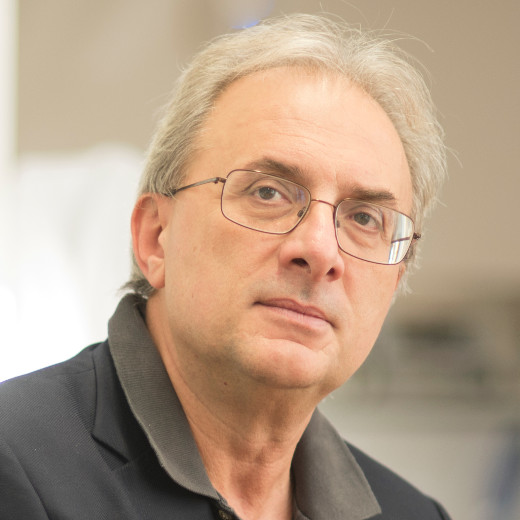
Fabrizio Mazzetto
Free University of Bozen-Bolzano, Italy
Abstract
Smart Agriculture (SA) has many aspects in common with Industry 4.0. These are primarily to be found in the cognitive approaches of Knowledge Management 4.0 (KM4.0), which underlines the need to use Integrated Information Systems (IIS) to manage all the activity areas of any production system, agriculture and forestry included. Thus, the tutorial firstly introduces a conceptual model by which is useful to frame the designing approach for an IIS. This must follow a so-called “infological” approach (say, decision-oriented), rather than the opposite “datalogical” approach (say, data-oriented), unfortunately still nowadays largely diffuse form many reasons in the agricultural world. Some practical application will be presented and discussed in merit to this aspect. Details on measuring approaching to be treated within a IIS will be then described distinguishing between monitoring and automated control tasks. The influence of interpretation models (even named “inference engines”) required by many measuring systems will be discussed through some case studies, as well. New certification requirements for such systems will be finally introduced.
Short Biography
Prof. Fabrizio Mazzetto, MSc in Agricultural Sciences (1983) and PhD in Agricultural Engineering (1990), both at University of Milan (Italy). Now Full Professor of Farm Machinery and Mechanization at the Free University of Bolzano. His main research topics are related to: a) development of new prototypes for mountain contexts; b) ICT application to supply information management tasks of farm and forestry processes; c) development of precision agriculture and forestry techniques, d) rural energy applications. Past FAO-UNDP energy consultant and coordinator several national/international research projects. Now, member of the “Accademia dei Georgofili” of Florence and President of the 7th Section of the Italian Society of Agricultural Engineering, for ICT applications in agriculture. He is responsible of the new AgriForestry Innovation Lab at the NOI-TechPark of Bolzano dealing also with new approaches in the certification issues of farm machinery.
Session 3 - Hands on Machine Learning at Nano-scale for Precision Agriculture Using Terahertz Sensing
Thursday, Nov 5, 17:30 - 18:20 CET
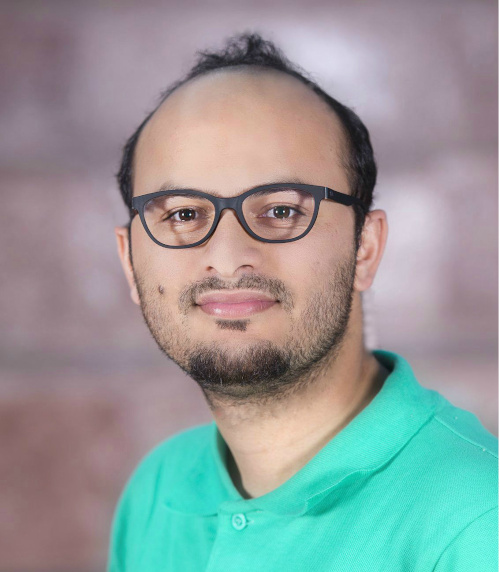
Qammer H. Abbasi
School of Engineering, JWS, University of Glasgow
Abstract
Advancement in nanotechnology has made it possible to manufacture sensors, circuits and devices measuring only nano-meters in size. This development is creating an extraordinary opportunity to observe, interact, and optimize physical systems from the very bottom. Wireless communication and networking at nanoscale, however, faces new challenges not encountered in conventional sensor networks. For example, nanoscale antenna call for wireless communication in the Terahertz band, which encounters new path loss and noise phenomena posing significant challenges for many target applications of such networking. Nanoscale computing and communication is a new and rapidly growing field of research promoting collaboration between wireless networking, nanotechnology, and other fundamental disciplines. However, the research is in its early stages to realize communication and networking at the nanoscale. The tutorial will present the opportunities, challenges, and recent advancements of this new and growing inter-disciplinary field explicitly in agricultural technology domains and will give some examples for machine learning in combination of terahertz sensing for plant health monitoring proactively.
Short Biography
Qammer H. Abbasi (SM 16) received the B.Sc. and M.Sc. degrees in electronics and telecommunication engineering from the University of Engineering and Technology (UET), Lahore, Pakistan, and the Ph.D. degree in electronic and electrical engineering from the Queen Mary University of London (QMUL), U.K., in 2012. In 2012, he was a Postdoctoral Research Assistant with the Antenna and Electromagnetics Group, QMUL. He is currently a Senior Lecturer (Associate Professor) with the James Watt School of Engineering, University of Glasgow, U.K and researcher investigator with Scotland 5G Center. He has contributed to over 250 leading international technical journal and peer reviewed conference papers, and eight books. He received several recognitions for his research, which include appearance on BBC, STV, dawnnews, local and international newspapers, cover of MDPI journal, most downloaded articles, U.K. exceptional talent endorsement by Royal Academy of Engineering, National Talent Pool Award by Pakistan, International Young Scientist Award by NSFC China, URSI Young Scientist Award, National Interest Waiver by USA, four best paper awards, and best representative image of an outcome by QNRF. He is an Associate Editor for the IEEE JOURNAL OF ELECTROMAGNETICS, RF AND MICROWAVES IN MEDICINE AND BIOLOGY, the IEEE SENSORS JOURNAL, IEEE OPEN ACCESS ANTENNA AND PROPAGATION, IEEE ACCESS and acted as a guest editor for numerous special issues in top notch journals.
Session 4 - Long range wireless networks and IoT: novel technologies and future outlook for an effective precision agriculture
Friday, Nov 6, 09:00 - 09:50 CET
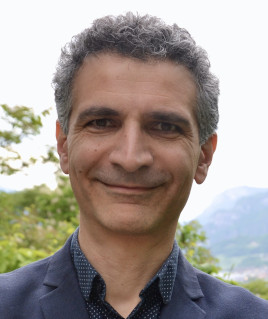
Raffaele Giaffreda
FBK: ICT - Fondazione Bruno Kessler
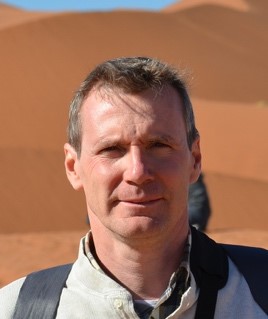
Fabio Antonelli
FBK: ICT - Fondazione Bruno Kessler
Abstract
This tutorial will give an overview of the long range wireless networks (LPWAN) available to collect data from sensors and reaching actuators deployed in the fields while implementing digital agriculture solutions. It will focus on the role IoT devices can play in creating more precise forecasting models and it will report from extensive technology-transfer and experimentation activities where LPWAN networks and IoT have been used to support growers with water management in various cultivations spanning from grapes and apples to horticultural products such as aubergines, cucumbers, potatoes and peppers. The tutorial will conclude with a future outlook on the agritech sector having to face climate-change and water-scarcity related challenges.
Short Biography
Raffaele Giaffreda is a Chief IoT Scientist at FBK and Chief Innovation Officer at TESSA Agritech srl, Italy. A graduate from Politecnico Torino (Italy) and University College of London (UK), he has worked in telecom R&D environment since the beginning of his career, focusing in the last decade on IoT, AgriTech and related technology-transfer activities. In his role, he is now responsible for setting research and innovation directions, acquisition of funding and for the execution of a number of collaborative projects and technology transfer initiatives in the IoT and agriculture domain. He is the Principal Investigator of EIT Climate KIC project SAPIENCE focusing on incentivising virtuous and sustainable practices in the agricultural domain. As an experienced speaker and chair of IoT related events, he serves as an EU reviewer, TPC in a number of international conferences and writes as a columnist for the IEEE IoT Magazine and he is the Editor in Chief of the IEEE IoT Newsletter.
Fabio Antonelli is head of OpenIoT Research unit (Open Platforms and Enabling Technologies for the Internet of Things) at Fondazione Bruno Kessler. With a master’s degree in Electronics Engineering at Politecnico di Milano, he worked for more than 15 years in the telco sector (within Alcatel and Telecom Italia groups) gaining extensive knowledge in experimental research, design, software development and management of ICT projects. More recently, in Fondazione Bruno Kessler, his interests have shifted on applied research in multimedia networking, architectures and platforms for the Internet of Things, with special focus on Industry 4.0 and AgriTech, where he has contributed and coordinated applied research activities in different European research projects in the Future Internet, Multimedia and Internet of Things domains.
Session 5 - From fruit recognition to fruit growth monitoring: an overview of the field applications
Friday, Nov 6, 11:40 - 12:30 CET
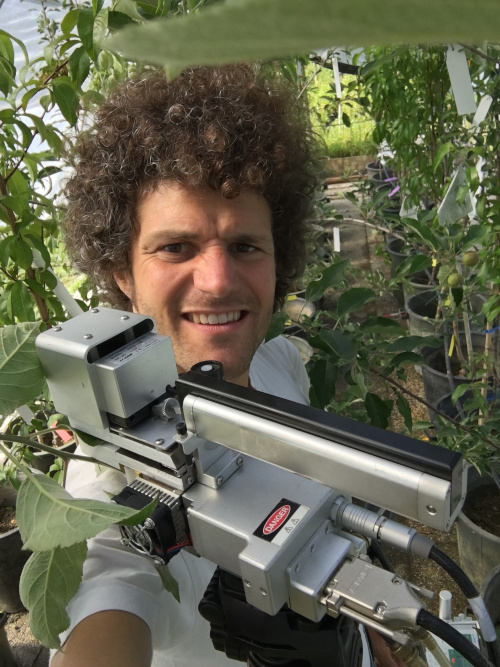
Luigi Manfrini, Ph.D
Dept. of Agricultural and Food Sciences
DISTAL, University of Bologna, Italy
Abstract
Information on fruit status and orchard yield are extremely relevant for plant ecophysiology and for selecting the appropriate correct management and market decisions. A state of the art focus on fruit recognition and growth monitoring based on machine vision systems, and proximal sensors will be presented. Each of them is used as an implementing tool for different decision support systems to achieve a precise, efficient, and environmentally friendly management of field operation.
Short Biography
Adjunct Professor and pomology and nursery management lecturer at the University of Bologna. His research focuses on application of new technologies and precision managements coupled with the effects of the environment on fruit tree physiology with the aim to develop new strategies to improve orchards sustainability maintaining high level of quality and yields. Currently involved in national and international projects addressing issues related to precision management implementation, sustainable fruit production and efficient resources use. Secretary of the EUFRIN Working Group on “Decision Support Systems”. Author of more than 60 publications in scientific and professional journals, PhD in fruit orchard management (since 2009) and M. Sci. in Agricultural Sciences and technologies (since 2004).


